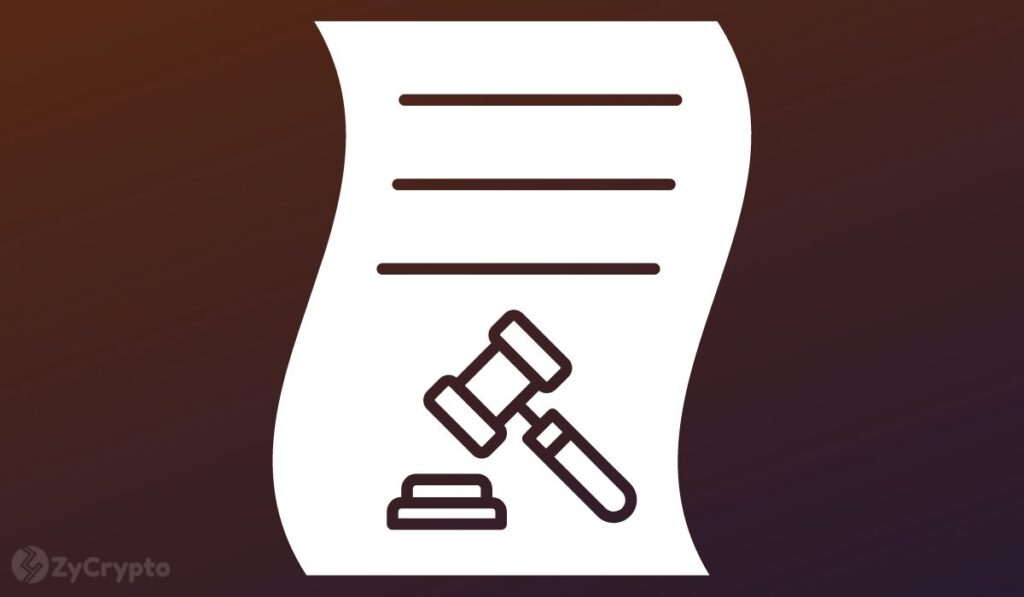South Korea has issued a warrant of arrest for Kwon Do-Hyung “Do Kwon”, founder and CEO of the now defunct Terraform Labs.
Citing a report by local news house “Naver”, the arrest warrant was issued by a court in Seoul for Kwon, and five other officials believed to be hiding in Singapore. These include Nicholas Plates, a founding member of Terraform Labs and Han Mo, an employee. The latest warrant is said to have been requested by five prosecutors spread out across three teams led by the Seoul Southern District Prosecutor’s Office’s Financial and Securities Crime Unit.
According to the report, the six are charged with violating South Koreas Capital Markets Act by engaging in financial fraud. The warrant comes on the heels of a global crypto market meltdown hugely attributed to the Terra ecosystem crashing in May.
“The main charges applied against them are violations of the Capital Markets Act. Prosecutors are known to believe that cryptocurrencies Terra and Luna fall under “investment contract securities” under the Capital Market Act,” the Wednesday report read.
Under Korean laws, investment contracts are considered securities if money is invested in a pool to derive a profit and “a payment is received according to the result.” According to authorities, Kwon had done precisely that through cryptocurrencies TerraUSD(UST) and Luna and was in gross violation of the country’s laws.
 
 
Once shilled “hot dot among the cool kids in crypto”, Terra’s LUNA was one of the largest cryptocurrencies by market cap before its price plummeted over 99% following TerrUSD’s depeg from the dollar in May. Stablecoins like USDT and USDC likewise suffered Terra’s contagion leading to a full-blown crypto market plunge and a DeFi crisis for crypto lending institutions like Voyager Digital and Celsius.
In Korea, Investors sued Kwon and his associates for defrauding them in violation of the Act on the Regulation of Fraud, with regulators around the globe taking up the matter for investigations.
Kwon has recently said that he is yet to be contacted by South Korean Investigators over the matter and that he does not intend to return to Seoul. In August, a local report disclosed that he had contracted attorneys to prepare for defence in the event Korean prosecutors bring suits against him.
That said, based on the arrest warrant, which expires after a year, the prosecution will likely work with Interpol in pursuing Kwon’s arrest through a red notice and passport invalidation.


